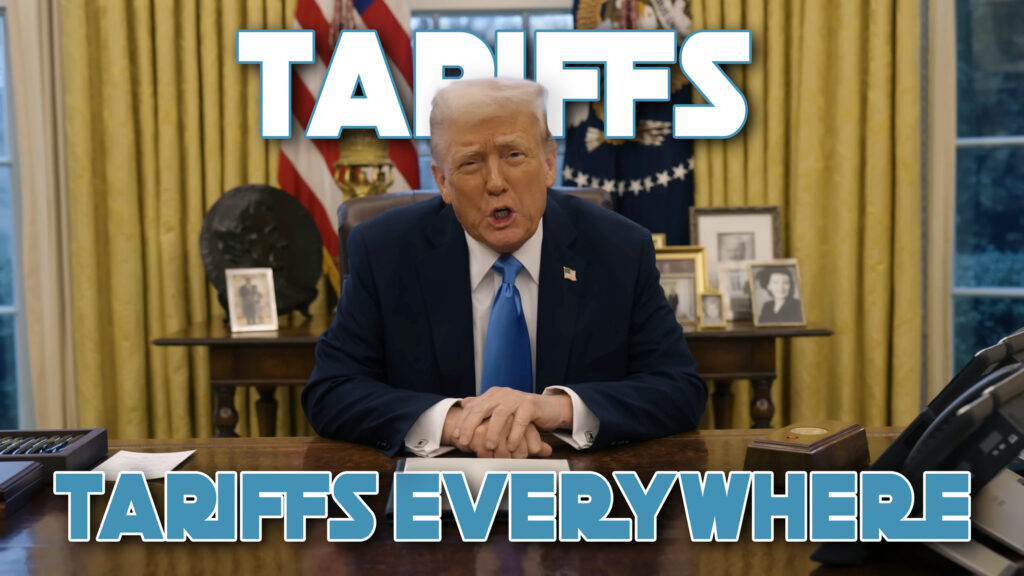- Trump’s April 2 auto tariffs remain unclear, but the industry braces for potential impact.
- The target nations for the tariffs remain unspecified, and the tariff amount is uncertain.
- Reciprocal tariffs from other countries could drive U.S. car prices up significantly.
“We want to make the cars in Detroit.” That’s how Trump justified his latest tariff threats just days ago, floating the idea of imposing 50-100% tariffs on Canadian-made cars. Now, he’s doubling down, taking it a step further but his ire seems so vague that it’s unclear where he’s directing it. Evidently, new tariffs aimed specifically at the auto industry are set to take effect around April 2.
To be fair, Trump might just be referring to the same tariffs he mentioned earlier. When a reporter in the Oval Office asked, “You mentioned auto tariffs the other day—when do you plan to enact them?”, as Bloomberg reported. Trump responded:
More: China Slaps Additional 10% Tariffs On US-Made Cars
“Over the next, sometime, maybe around April 2. I would’ve done them on April 1, believe it or not. I’m a little superstitious. Literally, we had it planned for April 1, and I said, ‘Let’s make it April 2.’ You know how much money that costs? That costs a lot of money—just that one day.”
Then he finished up by asking an aide in the room “We’re going to do it on April 2 right?”, to which the aid confirmed the date.
More Questions Than Answers
Despite the announcement, the details remain murky. Again, we can’t be sure of what tariff(s) Trump is talking about, how much it’ll be, or which nation or nations it’ll be aimed at. In recent weeks, he’s threatened various tariffs against Mexico, China, and Canada. That includes a 25 percent tariff on Mexican imports and Canadian ones. Initially scheduled for February 1, the President pushed that date back to March 4.
Despite that, the response to those threats from industry experts and executives has been less than glowing. The UAW came out against the tariffs and Ford’s CEO Jim Farley called them unfair. In fact, Farley went as far as to hint that the President’s actions were contributing to a chaotic industry environment.
Now, Trump appears set on enacting “reciprocal” tariffs, essentially retaliating against what he deems as trade restrictions placed on the United States by other countries. What that actually looks like in practice is anyone’s guess. As we’ve covered several times, big tariffs on car-related imports from Canada and Mexico could drive car prices up by thousands of dollars.
Buckle up, it’s going to be a long ride.




